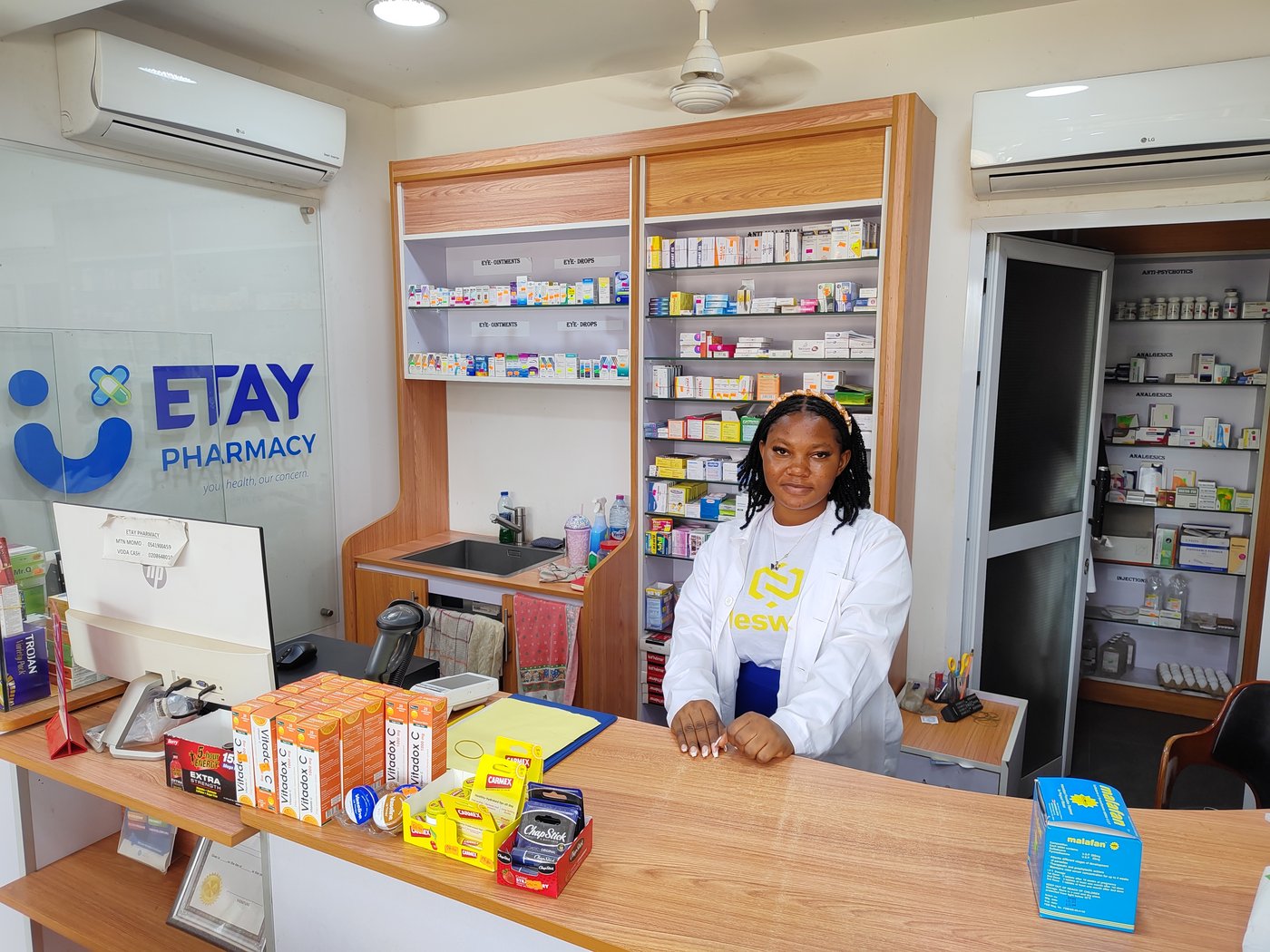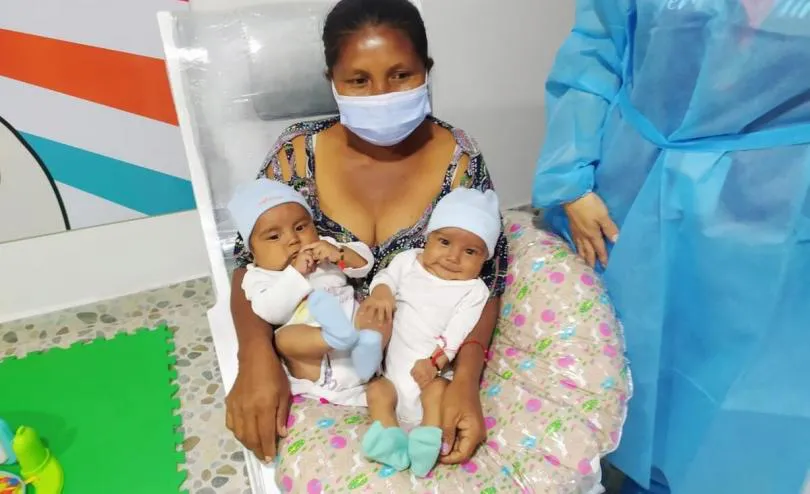Our research
Project: Knowledge and preferences in dispensing antibiotics: Evidence from pharmacies in urban Ghana
Antimicrobial resistance (AMR) is one of the top global public health and development threats. It is estimated that bacterial AMR was directly responsible for 1.27 million global deaths in 2019 and contributed to 4.95 million deaths. Antibiotic overuse and misuse have greatly facilitated the development of AMR. In many countries around the world the gate keepers to antibiotics are pharmacists with many people being able to purchase antibiotics without prescriptions.
As part of this project we conduct an impact evaluation – a clustered multi-arm RCT - to study the role of a behavior change communication (BCC) campaigns in improving the antibiotics dispensing behavior of pharmacists in urban Ghana.
The principal investigators of the project are Edward Asiedu (University of Ghana), Jan Priebe (BNITM), Christoph Strupat (IDOS), and Matthias Rieger (Erasmus School of Health Policy & Management). The project is funded by Germany’s Ministry for Economic Cooperation and Development (BMZ) and the Trust Fund at the University of Rotterdam.

Project: The causal effect of prenatal exposure to climatic shocks on birth outcomes in Mexico
Globally, each year more than 40 million babies are born with a congenital birth disorder, representing 3% of all newborns. Most birth disorders occur in low- and middle-income countries. Their consequences are massive (e.g. child deaths, long-term disabilities, retarded cognitive and physical development) and bear a significant burden on individuals, families, communities, and health care systems. Climate change is expected to increase the frequency and severity of extreme weather, worsening newborn health. Indigenous people face a particular high climate change risk exposure as their lifestyle is often linked to the local environment.
The project aims to fill important research gaps. In particular, we aim to advance existing research by providing the first causal evidence on the effects of climatic shocks on birth defects and specific birth conditions for a representative sample of Mexicans and relevant sub-groups (indigenous vs. non-indigenous populations).
The principal investigators of the project are professor Dr. Nicolás Corona Juárez from the Universidad de las Américas Puebla (UDLAP), Dr. Kerstin Unfried (BNITM), and Dr. Jan Priebe (BNITM). The project is funded by the Inter-American Development Bank (IDB) and its Gender and Diversity Knowledge Initiative (GDLab).

Project: Supply & demand side factors of a massive Covid-19 vaccination drive: Experimental evidence from Indonesia
Relying on a massive vaccination drive using China’s Coronavac Indonesia aims to create herd immunity and vaccinate over 180 million people. In the country skepticisms and lack of trust into the ‘Chinese’ vaccine are, however, widespread. Particularly among the Muslim population, anti-Chinese sentiments and concerns that components of the vaccine are not halal are common. In addition to concerns about vaccination take-up, a number of supply side challenges exist. Country experts are worried that corruption and possible briberies will lead to systematic exclusion of the poor and vulnerable in the vaccination drive. This project aims to examine: (i) How does religiousness affect vaccination take-up and how does information provision overcome religious concerns? (ii) What is the extent of discrimination in access to the vaccine and what is the role of corruption in this context? The project studies these questions using an information treatment experiment and an audit study.
The principal investigators of the project are Teguh Dartanto (Ph.D.) from the University of Indonesia, Renate Hartwig (Ph.D.) from the University of Göttingen/GIGA, Dr Jan Priebe (BNITM), and Sudarno Sumarto (Ph.D.) from SMERU and TNP2K. The project is funded by the German Research Foundation (DFG).

Project: Mobilising health workers in the fight against Covid-19: Information experiments with nurses and medical doctors in Germany
Health professionals can make an important contribution to increasing COVID-19 vaccination uptake through their opinions and recommendations. The extent to which health professionals recommend COVID-19 vaccination, which vaccine they prefer, and the extent to which their vaccination recommendations are influenced by public debates has not yet been explored in detail. To shed light on these questions, we implemented a randomised controlled trial - an information processing experiment - in an online survey via social media (Facebook and Instagram). The results suggest that the controversial statements of public health authorities surrounding AstraZeneca influenced health workers vaccine recommendations. In particular, it seems that the mixed statements on AstraZeneca strongly reduced the willingness of health workers to recommend AstraZeneca.
The principal investigators of the project are Dr Christoph Beuthner (GESIS), Dr Steffen Pötzschke (GESIS), Dr Jan Priebe (BNITM), and Dr Henning Silber (GESIS) The project is funded by the Leibniz Institute for the Social Sciences (GESIS).

Project: Large-scale land acquisitions and its impact on mental health
In many developing countries the large-scale expansion of agricultural producers involves the acquisition of vast areas of land from traditional rural communities. While some of the land purchases happen voluntarily and in good faith, other transactions are forced and occur against the will of local communities. In this research project we examine the consequences of large-scale land acquisitions on local villagers’ welfare in Central Indonesia – the island of Borneo. The research project involves two related but separate studies. Study 1 will investigate the impact of land acquisitions on local villager’s mental health. Study 2 will analyse the role of land acquisitions on interethnic trust and reciprocity. To shed light on causal impacts the research project leverages a combination of (quasi-) experimental methods borrowed from psychology and behavioral economics.
The principal investigators of the project are Daniel Geissel (GIGA), professor Dr Jann Lay (GIGA), and Dr Jan Priebe (BNITM). The project is funded by Germany’s Ministry for Economic Cooperation and Development (BMZ), the EU, and DEZA.
Website: https://www.giga-hamburg.de/de/forschung-und-transfer/projekte/the-land-matrix-phase-iii









